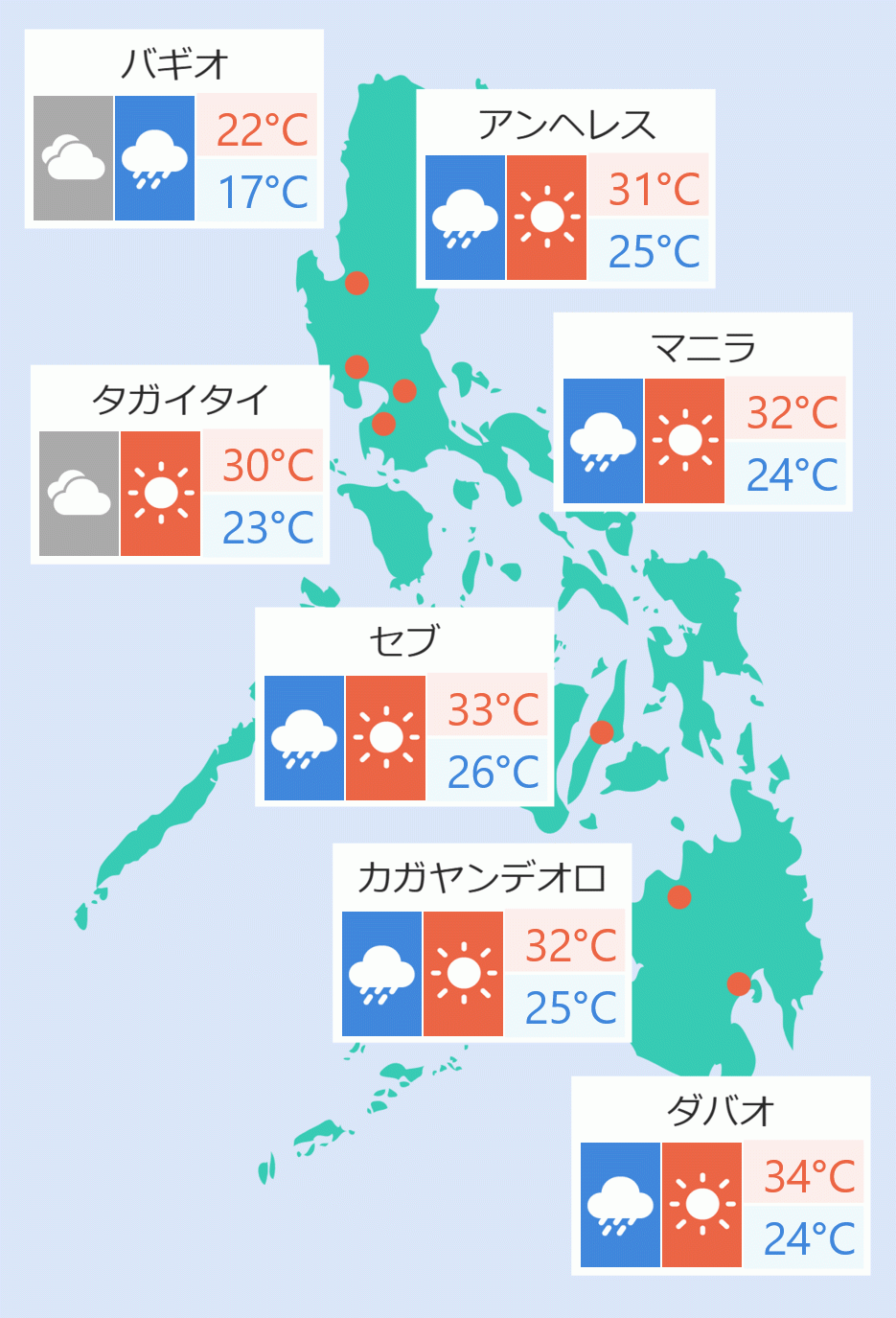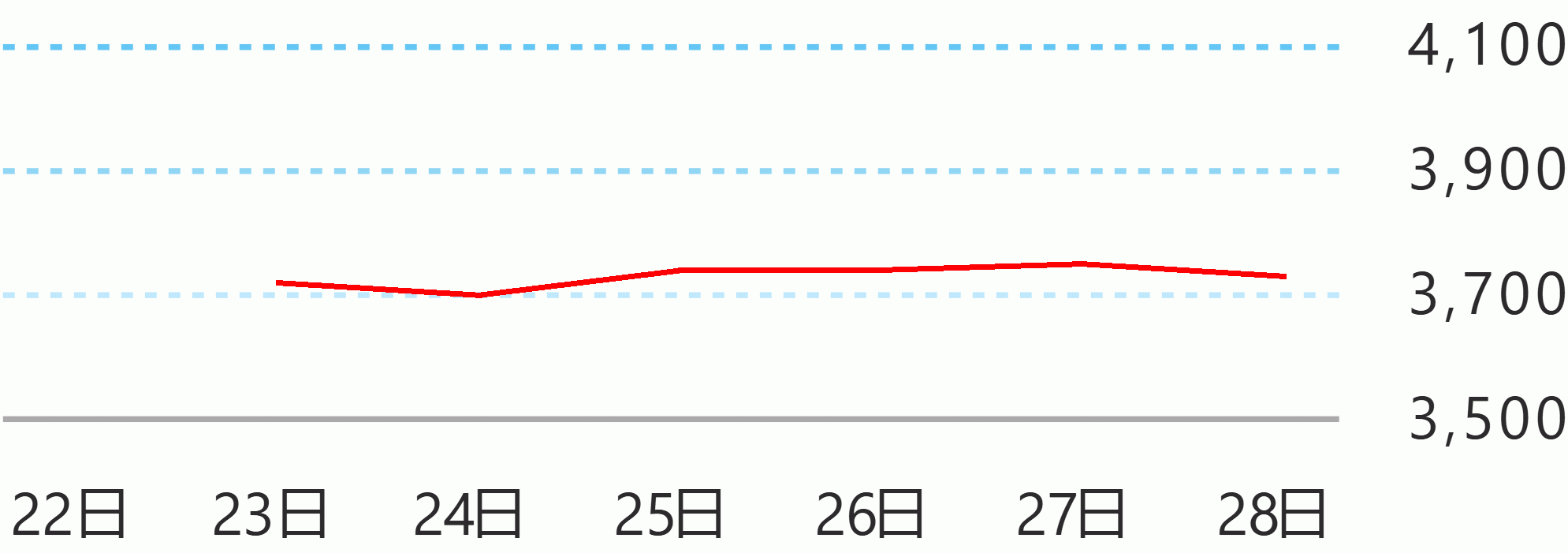As Ajinomoto Philippines Corp. marked its 65th anniversary in the country on Wednesday, its top executive said it had transformed from a food seasoning firm into a “food vegetable company”.
“Over the years, APC (Ajinomoto Philippines Corporation) has grown into a vegetable food company, providing Filipino consumers with delicious meals promoting culinary confidence and nutrition alertness. We have expanded from seasonings to breading mix to sauces, instant noodles, sports nutrition supplements, and frozen food for our retail business,” company president Koichi Ozaki said in his opening remarks.
Ozaki said they aim to introduce frozen food and processed food products in the country.
“Frozen foods are not yet popular, but they are sure to grow in the future. The Ajinomoto Group is expanding its frozen food business widely in Japan, Europe, and the United States. So, using that know-how, we started selling frozen foods here. I think we can provide new food. Also, if you go to a convenience store, you can buy Ajinomoto's cup noodles YumYum. This is made in Thailand. We are exploring new areas like this,”
“Of course, we are not only selling MSG ( monosodium gulatamate) but other seasoning products already penetrated to the Philippine consumers. But also we have a plan to expand our business not only to seasoning products but also to processed food, frozen food, and B2B (business to business) food,” he said.
Ozaki said that the Filipino market has “great potential” due to its large population.
“The average age is among the lowest in ASEAN (Association of Southeast Asian Nations), and the population is expected to continue increasing. For food manufacturers, the most important thing is the number of stomachs. From that perspective, the Philippines is a super-potential country in ASEAN, on par with Indonesia,” he said.
He mentioned they are planning to eventually establish cup noodles factories in the Philippines “if domestic demand increases” since they are currently importing the products from Thailand.
Ajinomoto has 28 sales branches and two factories in the country.
Despite their efforts to promote healthy products, Ozaki admitted it was hard to completely remove the negative image the company has.
“What we can do is continue to communicate that our seasonings are safe and made from natural ingredients,” Ozaki said.
“Since more than 80 percent of households are using our product brand, we have a responsibility to have a good influence on society. So through our product and services, we directly contribute to their dietary habits,” he added.
Jaspearl Tan/DMS




 English
English









